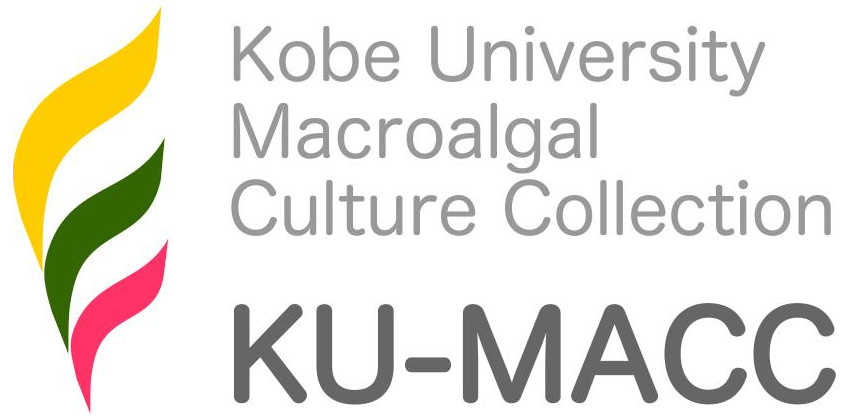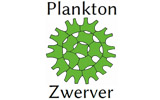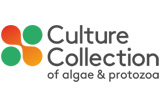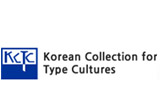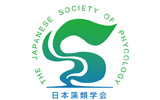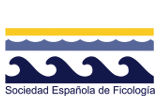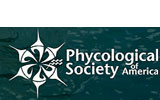Bibliographic Detail
Rindi, F., López-Bautista, J.M., Sherwood, A.R. & Guiry, M.D., 2006
Reference:
Rindi, F., López-Bautista, J.M., Sherwood, A.R. & Guiry, M.D. (2006). Morphology and phylogenetic position of Spongiochrysis hawaiiensis gen. et sp. nov., the first known terrestrial member of the order Cladophorales (Ulvophyceae, Chlorophyta). International Journal of Systematic and Evolutionary Microbiology 56: 913-922.
Abstract:
Spongiochrysis hawaiiensis gen. et sp. nov. is described from material collected at two sites on O'ahu, Hawaiian Islands. This alga produced golden-yellow crusts on the bark of Casuarina trees and consisted of globular cells with an axial stellate chloroplast. The only form of reproduction was a specialized type of autosporulation in which a budding-like division of the mother cell produced daughter cells of different sizes. Phylogenetic analyses of the 18S rRNA gene showed that Spongiochrysis hawaiiensis is a member of the freshwater clade of the Cladophorales/Siphonocladales lineage in the green algal class Ulvophyceae. On the basis of its unicellular habit and terrestrial habitat, this species is well differentiated from all other members of the same lineage and can be considered as the first known successful step of a member of the order Cladophorales into terrestrial habitats. The implications of the description of this species with regard to both green algal evolution and conservation of little-known tropical habitats are discussed. The holotype specimen of Spongiochrysis hawaiiensis is GALW015489 and isotype specimens have also been deposited in the BISH and BM herbaria.
